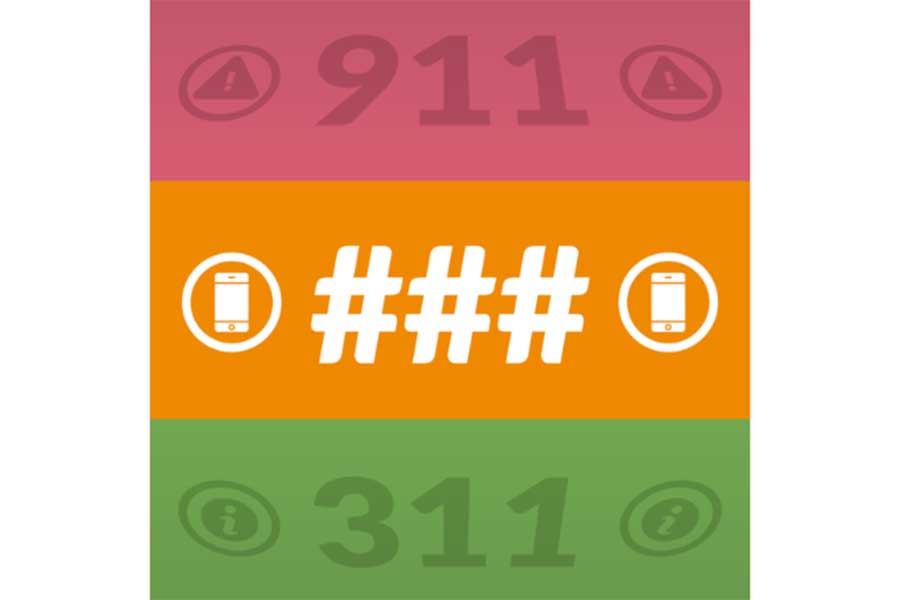The Federal Communications Commission released an analysis Aug. 15 recognizing young LGBTQ Americans as a high-risk population for suicide attempts.
The findings in the report are based on the results of the National Suicide Hotline Improvement Act that Congress passed in August 2018. In the publication, the group calls for an increase of “specialized services” to better support LGBTQ youth and veterans.
Such options could include establishing an “interactive voice response system ‘to a group that has the resources and expertise to best serve’” LGBTQ youth. A second option presented is asking queer people to aid the Department of Health and Human Services’ Substance Abuse and Mental Health Services Administration (SAMHSA) in establishing more comprehensive training to help counselors better respond to hotline calls.
The analysis also calls for the establishment of a “simple, easy-to-remember, 3-digit dialing code” for a national suicide prevention and mental health hotline. The current National Suicide Prevention Lifeline is accessible by dialing the 10-digit number 1-800-273-8255 (TALK).
Sam Brinton, head of advocacy and government affairs for The Trevor Project, the world’s largest suicide prevention and crisis intervention organization for LGBTQ youth, thanked the federal organization for dedicating resources to producing the findings.
“As the process moves forward, The Trevor Project urges the SAMHSA, Congress and the FCC to act on the report’s finding regarding the need to appropriately address specialized services for LGBTQ youth when improving the National Suicide Prevention Lifeline (NSPL) and designating a 3-digit dialing code,” Brinton said in a statement.
“The Trevor Project urges federal officials to act quickly to make the NSPL more effective for LGBTQ youth by training NSPL counselors in LGBTQ cultural competency and establishing an integrated voice response to route calls to organizations with the appropriate specialized services to assist LGBTQ youth in crisis,” he added.
According to The Trevor Project’s 2019 National Survey on LGBTQ Youth Mental Health, 39 percent of LGBTQ youth seriously considered attempting suicide in the past 12 months. Among trans and nonbinary youth, the rate rises above 50 percent.
Similarly, 71 percent of LGBTQ youth reported feeling sad or hopeless for at least two weeks through the last year. The same amount indicated having experienced discrimination resulting from their sexual orientation or gender identity.
“There is a suicide epidemic in this country, and it is disproportionately affecting at-risk populations, including our Veterans and LGBTQ youth,” said FCC Chairman Ajit Pai. “Crisis call centers have been shown to save lives. … I intend to move forward on this recommendation [for a three-digit number]. In the meantime, my heart goes out to anyone facing a crisis. I hope they will contact 1-800-273-TALK for support today.”

